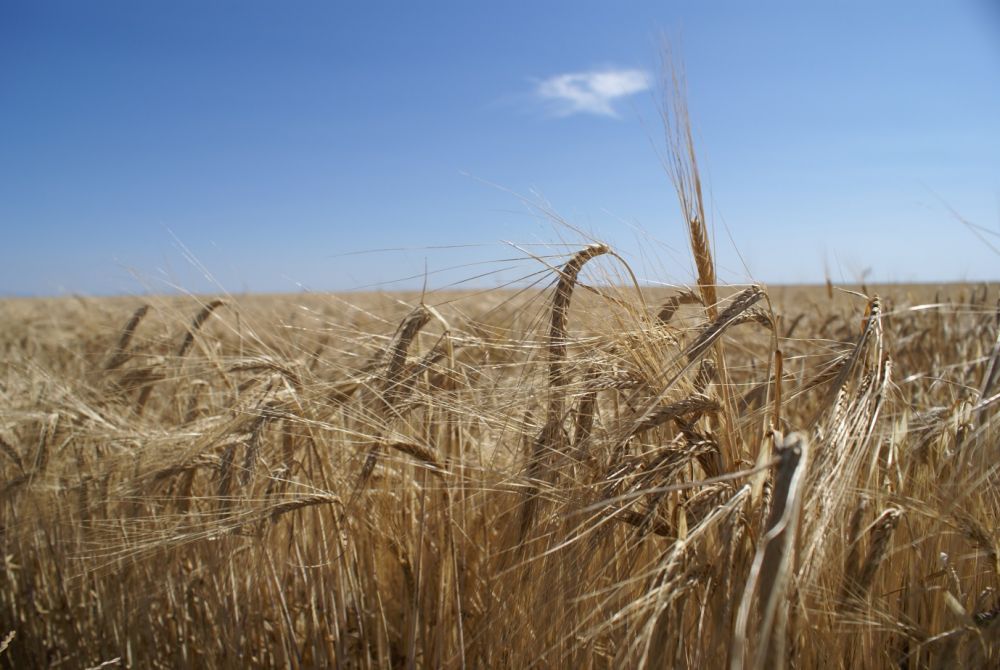Solar-power and saltwater to grow vegetables in Jordanian desert
A Norwegian company plans to establish a solar-powered facility in the Aqaba desert in Jordan, capable of growing a variety of crops without wasting any fresh water

A Norwegian company plans to establish a solar-powered facility in the Aqaba desert in Jordan, capable of growing a variety of crops without wasting any fresh water.
The world’s population is projected to reach 9 billion by 2050; as a result, food production must rise by approximately 60 per cent to meet rising demand – according to the United Nation’s Food and Agriculture Organization (FAO).
At present, agriculture accounts for 70 per cent of global fresh water use – with the food sector responsible for over 20 per cent of plant-warming emissions and 30 per cent of global energy consumption.
The Sahara Forest Project (SFP) offers a more integrated approach to combat this challenge, providing fresh water, food and renewable energy to some of the world’s most arid regions.
SFP plans to set up a solar-powered, 20 hectare (50 acre) facility – growing a number of vegetables without wasting a drop of fresh water.
Joakim Hauge, Chief Executive of SFP, said: “We take what we have enough of – sunlight, carbon dioxide, seawater and desert – to produce what we need more of – food water and energy.”
Once completed, the Sahara Forest Project Launch Station will host saltwater-cooled greenhouses, which utilise saltwater to sustain the production of several tonnes of vegetables.
Photovoltaic (PV) solar panels will power the electrical installations in the facility.
A desalination unit with capacity of 10,000 litres of freshwater each day will the necessary water for the greenhouse and outdoor vegetation.
The complex will also include a laboratory and research facilities.
Hauge said: “This is the kick-off for a 6-month construction period. More than 30 Jordanian workers will be contracted to work at the site next to the airport in Aqaba.”
According to SFP, the initial phase of the Aqaba complex had a $3.7 million budget and received financial support from Norway, the European Union and several other investors including Yara International, the Grieg Foundation and USAID.
The initial phase of the Aqaba complex had a $3.7 million budget and received financial support from Norway, the European Union and other investors, according to SFP.
Hauge said: “We are very grateful for the important financial support from the Norwegian government and the European Union here in Jordan”.
The facility in Aqaba, Jordan will be three times larger than the SFP’s pilot facility in Qatar.
SFP said the pilot project generated cucumber yields comparable to those of European farms.
Plans are now underway to expand operations to Tunisia.
Never miss an update by signing up to our free newsletter here.






